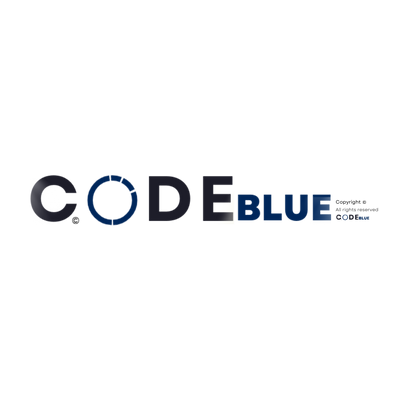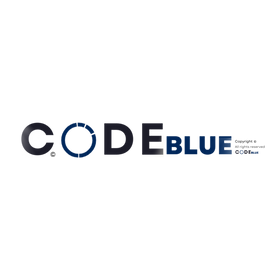The Essential Guide to Eating Cleaner Foods

In the journey towards a healthier lifestyle, the quality of the food we consume plays a pivotal role. Eating cleaner is not just about choosing organic or whole foods; it's about making informed decisions that lead to a more sustainable, nutritious diet. This guide aims to explore the what, why, and how of eating cleaner foods, providing practical advice for anyone looking to enhance their dietary habits.
The Benefits of Eating Cleaner
- Improved Health: Cleaner foods are densely packed with nutrients, including essential vitamins, minerals, and antioxidants, which support overall health, immune function, and disease prevention.
- Weight Management: Whole foods are naturally more satisfying and provide longer-lasting energy, helping to regulate appetite and support weight management.
- Environmental Sustainability: Choosing local and organic foods can reduce the environmental impact of your diet, supporting more sustainable farming practices.
- Enhanced Flavor: Fresh, minimally processed foods retain their natural flavors, offering a more satisfying and enriching culinary experience.

How to Transition to Cleaner Eating
- Start with Whole Foods: Focus on incorporating more fruits, vegetables, whole grains, legumes, nuts, seeds, and lean proteins into your diet. Aim to fill half your plate with fruits and vegetables at every meal.
- Read Labels: Become savvy about reading nutrition labels. Look for products with short ingredient lists and ingredients you recognize as whole foods.
- Plan and Prepare: Planning meals in advance and preparing food at home can significantly reduce the temptation to opt for processed alternatives. Experiment with new recipes that emphasize fresh, whole ingredients.
- Shop Smart: Whenever possible, choose organic, locally sourced produce to avoid pesticides and support local farmers. Farmers' markets and health food stores are great places to find cleaner food options.
- Limit Added Sugars and Salt: Cut down on foods high in added sugars and salt, which are often hidden in processed foods. Enhance flavor with herbs, spices, and citrus instead.
- Stay Hydrated: Drinking plenty of water is an essential part of clean eating. Stay hydrated by drinking water throughout the day, and limit sugary drinks and high-caffeine beverages.
Overcoming Challenges
While transitioning to cleaner eating habits can be challenging, especially with the convenience of processed foods, the benefits to your health and the environment are worth the effort. Start small by making one or two changes at a time, and gradually adjust your diet. Remember, clean eating doesn't have to be all or nothing; even small improvements can make a significant impact on your health.
Conclusion
Eating cleaner is a lifestyle choice that promotes consuming whole, minimally processed foods for better health and well-being. By making informed food choices, planning ahead, and enjoying the natural flavors of fresh foods, you can embark on a path to a healthier, more sustainable diet. Remember, the journey to clean eating is a personal one, and what works for one person may not work for another. The key is to find a balance that fits your lifestyle, preferences, and nutritional needs.


Leave a comment